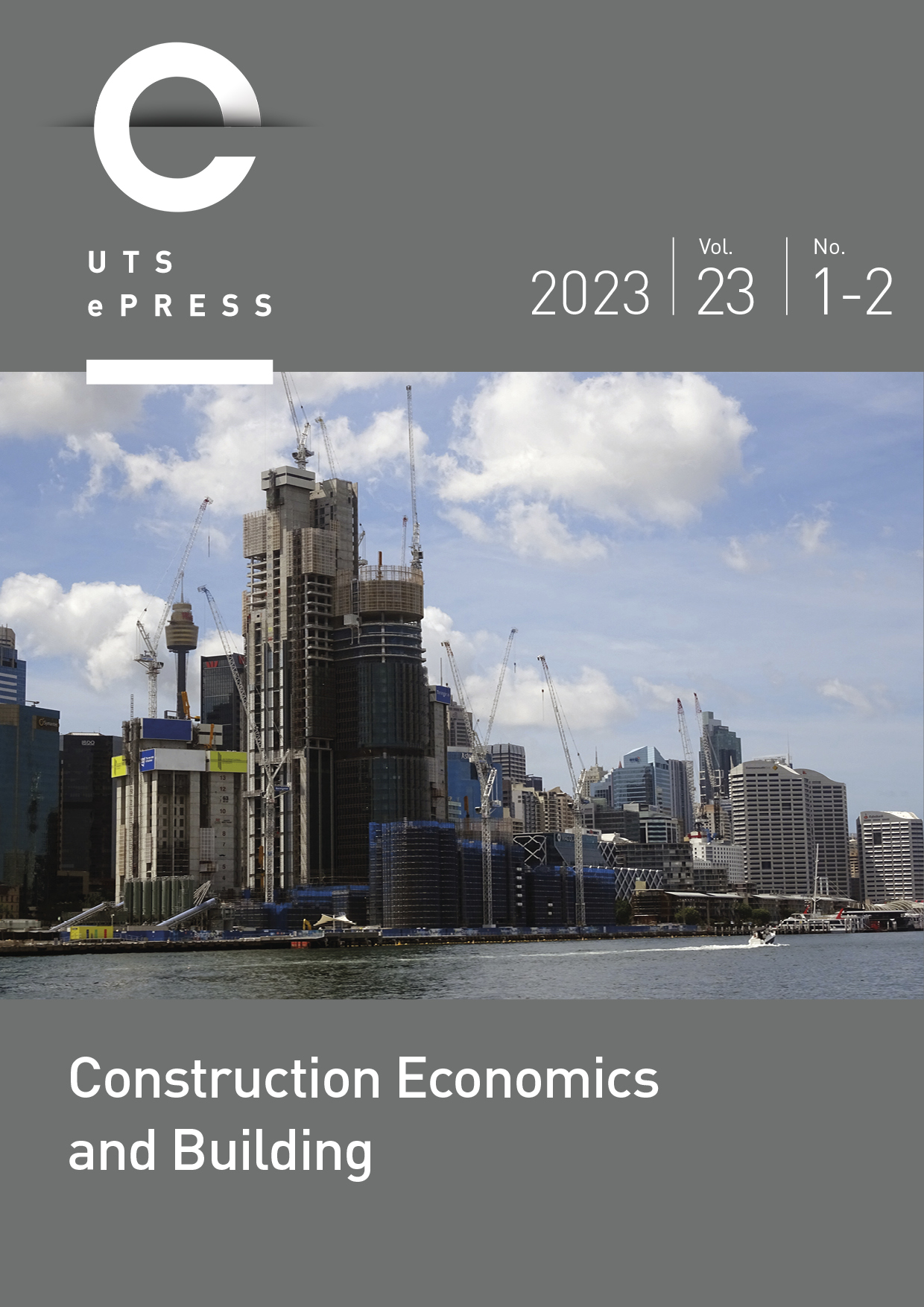Health and Safety Challenges Among Post-Disaster Reconstruction Workers
Main Article Content
Abstract
With the increase in the number of natural disasters in recent years, post-disaster reconstruction (PDR) efforts have become increasingly important to aid community recovery. Accordingly, a large body of recent research has focused on identifying the best practices for accelerating recovery and restoring impacted communities. However, relatively little attention has been devoted to the health and safety challenges experienced by reconstruction workers that aid post-disaster recovery and reconstruction efforts. The current investigation focused on addressing this knowledge gap by seeking to uncover the health and safety challenges that reconstruction workers experienced in the context of the 2015 Gorkha earthquake in Nepal – that was responsible for nearly 9,000 deaths and 22,000 injuries. The data collection effort involved in-depth interviews with several stakeholders, including construction workers, supervisors, site engineers, general contractors, homeowners, and governmental officials. This study enhances our understanding of the health and safety challenges experienced by PDR workers. The study also offers insight on how the obtained knowledge can be leveraged by government and stakeholders with supervisory roles to ensure proper health, safety, and wellbeing of the reconstruction workers.
Article Details
Section
Authors who publish with this journal agree to the following terms:
a) Authors retain copyright and grant the journal right of first publication with the work simultaneously licensed under a Creative Commons Attribution License that allows others to share and adapt the work with an acknowledgement of the work's authorship and initial publication in this journal.
b) Authors are able to enter into separate, additional contractual arrangements for the non-exclusive distribution of the journal's published version of the work (e.g., post it to an institutional repository or publish it in a book), with an acknowledgement of its initial publication in this journal.
c) Authors are permitted and encouraged to post their work online (e.g., in institutional repositories or on their website) prior to and during the submission process, as it can lead to productive exchanges, as well as earlier and greater citation of published work (See The Open Access Citation Advantage Service). Where authors include such a work in an institutional repository or on their website (ie. a copy of a work which has been published in a UTS ePRESS journal, or a pre-print or post-print version of that work), we request that they include a statement that acknowledges the UTS ePRESS publication including the name of the journal, the volume number and a web-link to the journal item.
d) Authors should be aware that the Creative Commons Attribution (CC-BY) License permits readers to share (copy and redistribute the work in any medium or format) and adapt (remix, transform, and build upon the work) for any purpose, even commercially, provided they also give appropriate credit to the work, provide a link to the license, and indicate if changes were made. They may do these things in any reasonable manner, but not in any way that suggests you or your publisher endorses their use.
